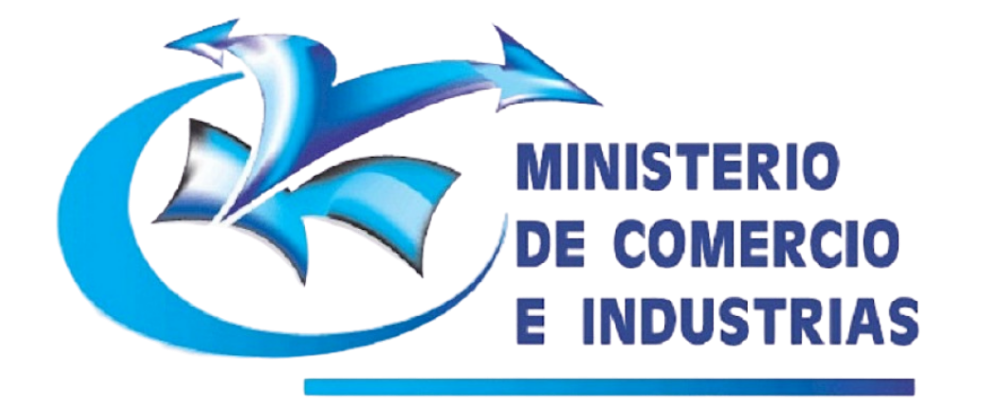Comprehensive Neuropsychological Assessment (NEPSY-II)
The NEPSY-II comprehensive neuropsychological assessment allows for a comprehensive and complete evaluation of cognitive abilities that correspond to key neuropsychological domains. It is a test that can be applied in a complete manner (32 subtests), or in a specific manner, that is, selecting the cognitive domains that are of interest, depending on the reason for consultation of each family. It is an ideal test to be applied to children from 3 years to 16 years 11 months.
The cognitive domains assessed by the NEPSY-II test are as follows:
✅ Attention and Executive Functions: attention processes and executive functions are related to processes of inhibition, initiation, cognitive flexibility, planning, selective attention, sustained attention, distractibility. Its importance to evaluate lies in the fact that scientific literature has shown that these processes are usually affected in certain neurodevelopmental disorders (ADHD, autism, intellectual disability, etc.). If you want to learn more about the importance of attention and executive functions in learning and education, I recommend reading the following articles:
- Attention and its importance in learning.
- Neuropsychology of executive functions and its importance in education.
- ADHD. Assessment, diagnosis and treatment in Panama.
✅ Language: process that refers to the ability to effectively express and understand aspects related to verbal communication. The processes evaluated in this domain are oromotor control, phonological processing, naming, repetition, and word generation. Usually, the evaluation of this domain is recommended when there are language problems, learning difficulties (reading, writing, or mathematics), serious behavioral problems, and social problems (usually children who meet diagnostic criteria for autism spectrum disorder (ASD).
✅ Memory and learning: These are processes that relate to the ability to acquire, retain new information and access it quickly and efficiently. During the memory and learning assessment with the NEPSY-II, the following subprocesses are measured: learning and memory, immediate and delayed memory, encoding, retrieval, working memory, encoding, discrimination and recognition of faces, spatial memory and verbal memory. If you wish to deepen your knowledge about the neuropsychology of memory, I recommend reading the following article:
- Memory assessment and its importance in Educational Neuropsychology
✅ Motor skills: The motor skills assessed with the NEPSY-II refer to fine motor processes and speech production. Impairments in motor skills can result in impairment in tasks such as writing, drawing, or speech articulation. Usually, children or adolescents who have weaknesses in their motor skills show a tendency to be slower and less precise in motor tasks.
✅ Social perception: refers to cognitive processes that help people maintain social interactions. In the case of autism spectrum disorders (ASD), scientific evidence indicates that this population group has difficulties in the ability to interpret the mental and emotional states of other people, an aspect that usually affects them in their socialization process. The processes usually evaluated in this domain are related to the evaluation of the theory of mind (understanding that other people's perceptions and thoughts are different from one's own). Additionally, the recognition of emotions is also measured.
✅ Visual and visual-perceptual processing: refers to processes that are related to the global (shape) and local (details) processing of visual information. These tasks are necessary when matching patterns, identifying visual shapes, or building three-dimensional designs (we usually use these skills when putting together puzzles, for example).
✋🏻 Remember that apart from the complete neuropsychological assessment, at the Comprehensive Center for Educational Neuropsychology we provide comprehensiveness in the evaluation through the use of other neuropsychological, clinical or educational tests. You can find out more in the following orange boxes.
🧠 If you want to expand your knowledge about NEPSY-II, we recommend clicking on the video class that appears just below👇🏻📹






